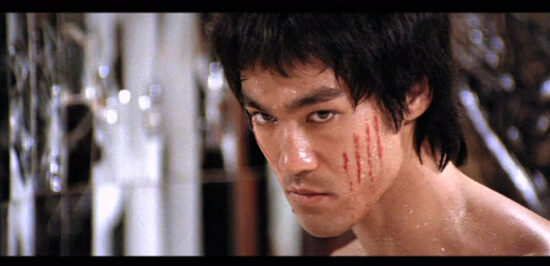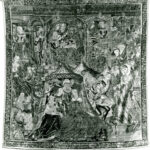Bruce Lee was a renowned martial artist, actor, filmmaker, and cultural icon. He was born on November 27, 1940, in San Francisco, California, to a Chinese father, Lee Hoi-chuen, and a Eurasian mother, Grace Ho. Lee’s birth name was Lee Jun Fan, but he is more commonly known by his anglicized name, Bruce Lee. His family moved back to Hong Kong when he was a child, where he spent most of his early years.
From a young age, Lee displayed a passion for martial arts. He began training in Wing Chun, a traditional Chinese martial art, under the guidance of his master, Ip Man. Lee quickly excelled in his training and later adapted the principles of Wing Chun into his own unique martial arts philosophy, which he called Jeet Kune Do, meaning “The Way of the Intercepting Fist”.
In his late teens, Lee relocated to the United States to pursue higher education. He enrolled at the University of Washington, where he studied philosophy and continued to develop his martial arts skills. During this time, Lee also started teaching martial arts to a diverse group of students, including Caucasians, which was considered unconventional at the time.
Lee’s groundbreaking approach to martial arts caught the attention of the film industry, and he began appearing in small roles in television shows and films. However, it was his portrayal of Kato in the TV series “The Green Hornet” (1966-1967) that brought him widespread recognition. Lee’s charismatic on-screen presence and incredible martial arts skills made him a sensation, and he soon became a cultural icon in both the East and the West.
In 1971, Lee returned to Hong Kong and starred in his first major martial arts film, “The Big Boss,” which was a massive success. He followed it up with several more iconic films, including “Fist of Fury” (1972) and “Way of the Dragon” (1972), which featured his legendary one-on-one fight with Chuck Norris in the Roman Colosseum. Lee’s films not only showcased his unparalleled martial arts abilities but also conveyed philosophical messages and challenged racial stereotypes, resonating with audiences worldwide.
Tragically, on July 20, 1973, at the height of his career, Bruce Lee passed away in Hong Kong at the age of 32. His sudden and untimely death shocked the world and led to numerous conspiracy theories, although the official cause of death was listed as a cerebral edema .
Despite his short life, Bruce Lee’s impact on martial arts and popular culture continues to endure. His philosophy and teachings continue to inspire millions of practitioners worldwide, and his films remain influential and beloved classics. Lee’s legacy extends beyond his martial arts prowess, as he broke barriers for Asian actors in Hollywood and became an international symbol of strength, discipline, and the pursuit of personal excellence.
Today, Bruce Lee is remembered as a true legend, an iconic figure who revolutionized martial arts cinema and left an indelible mark on the world of entertainment.
Sources:
1. Bruce Lee – Martial Arts, Movies & Facts (biography.com)
2. Bruce Lee Foundation – Honoring Bruce Lee’s Life and Philosophy
3. Bruce Lee | Biography, Martial Arts, Movies, Death, Son, & Facts | Britannica







